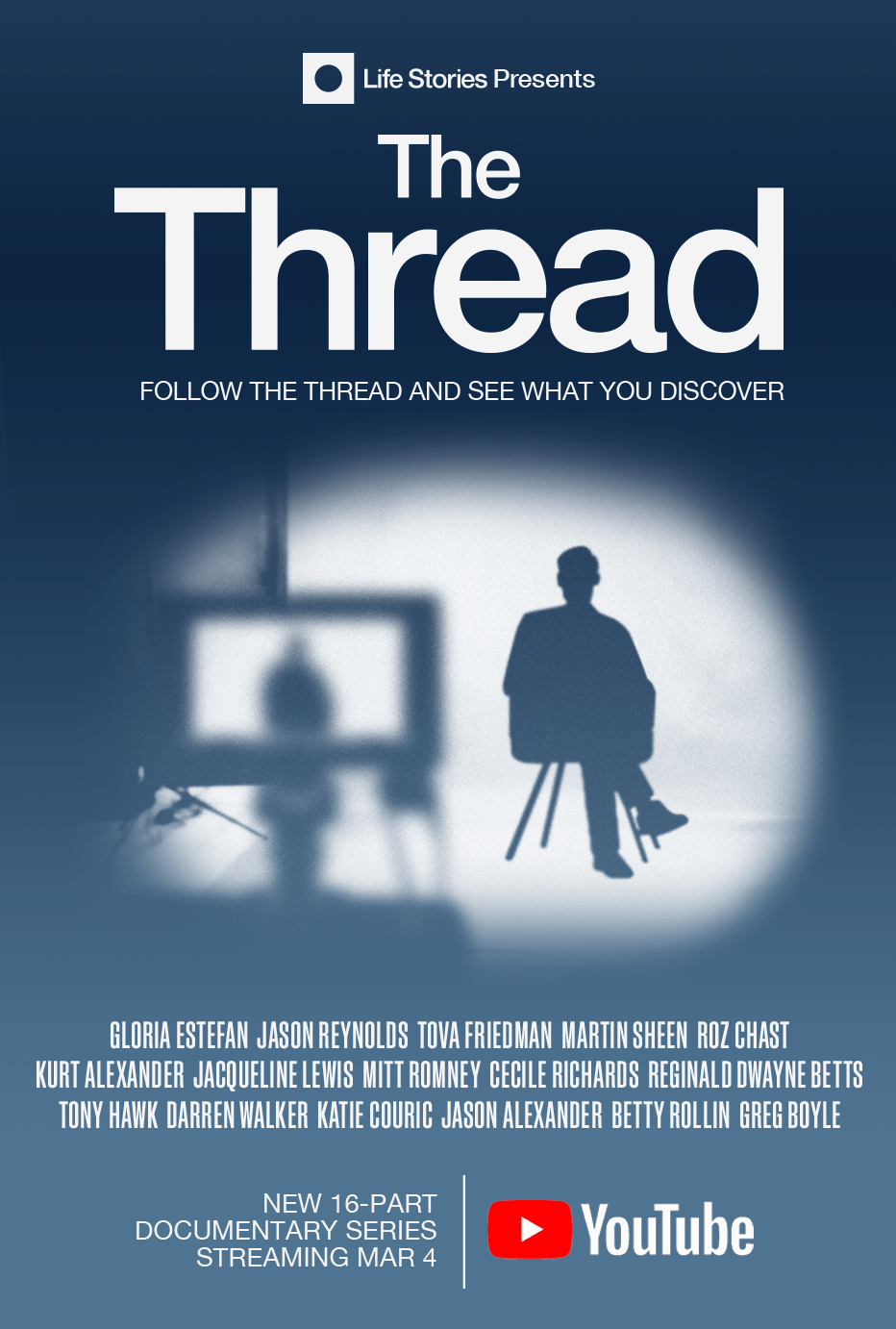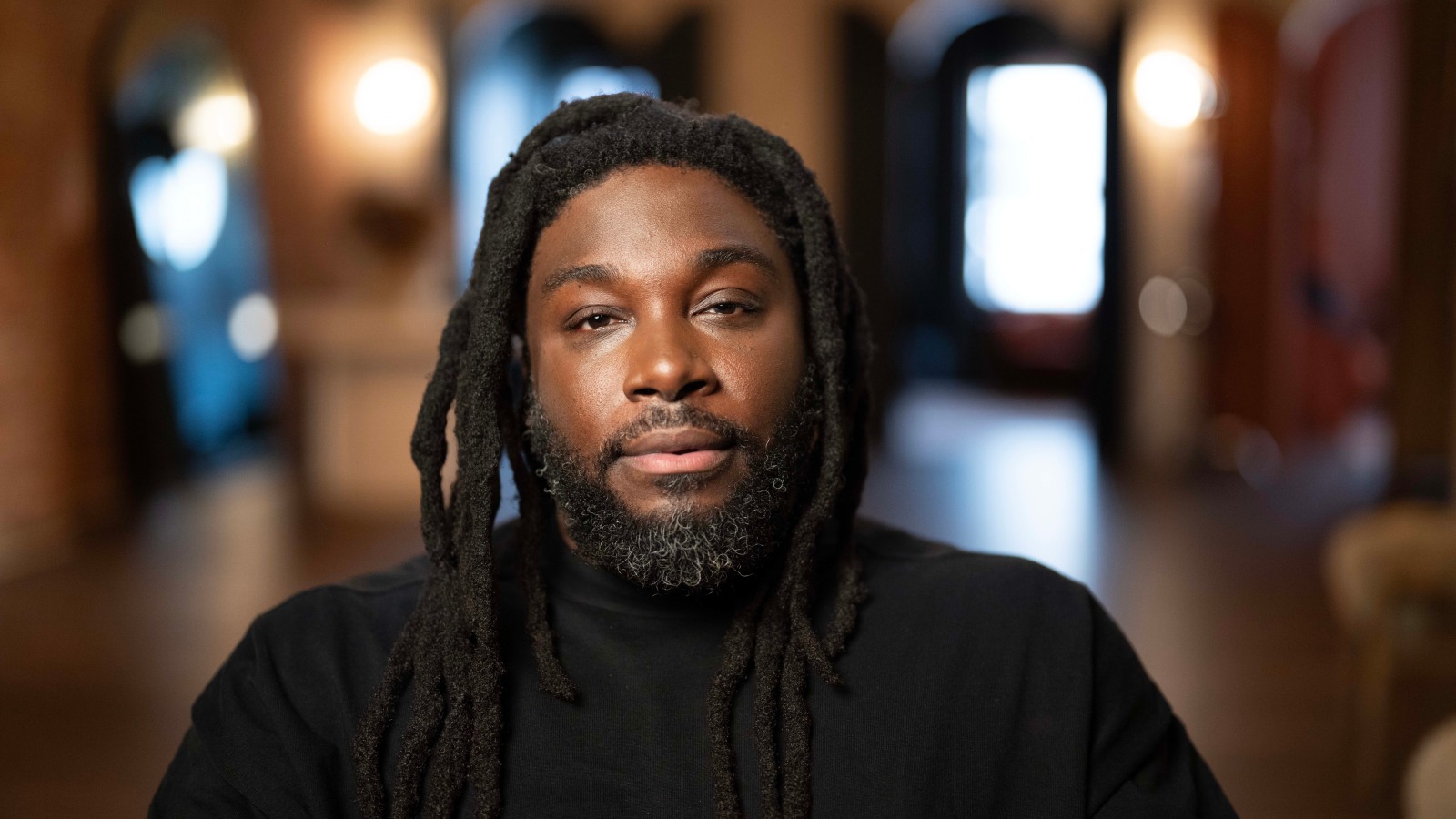
The Thread
Season One: Documentary Series (2024)
test

Episode Summary
Jason Reynolds, the New York Times #1 bestselling author and poet, is a wizard with words. In this episode of The Thread, he opens up about being the child of divorce and how, when he was adrift in life, a high school teacher shocked him into an awareness of the importance of self-sacrifice and moral courage. Now, Jason Reynolds uses storytelling to inspire young readers to discover those essential qualities of humanity within themselves. Reynolds' books have recently sparked national controversy as they face bans in numerous schools across the country.
